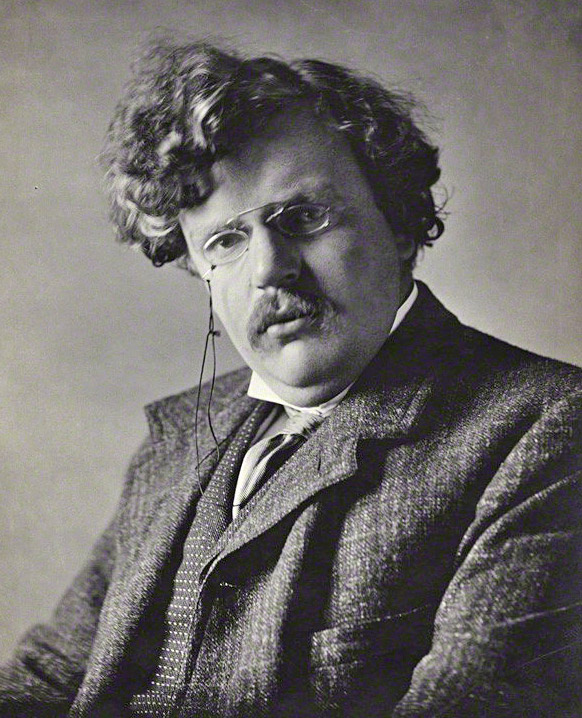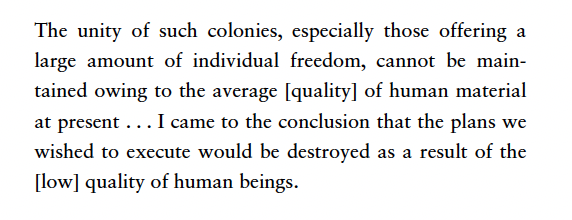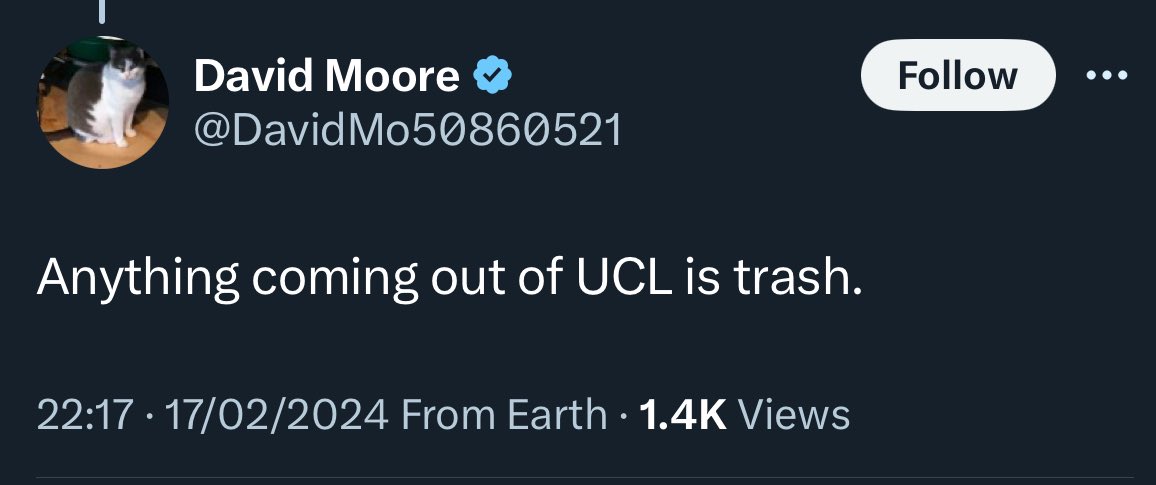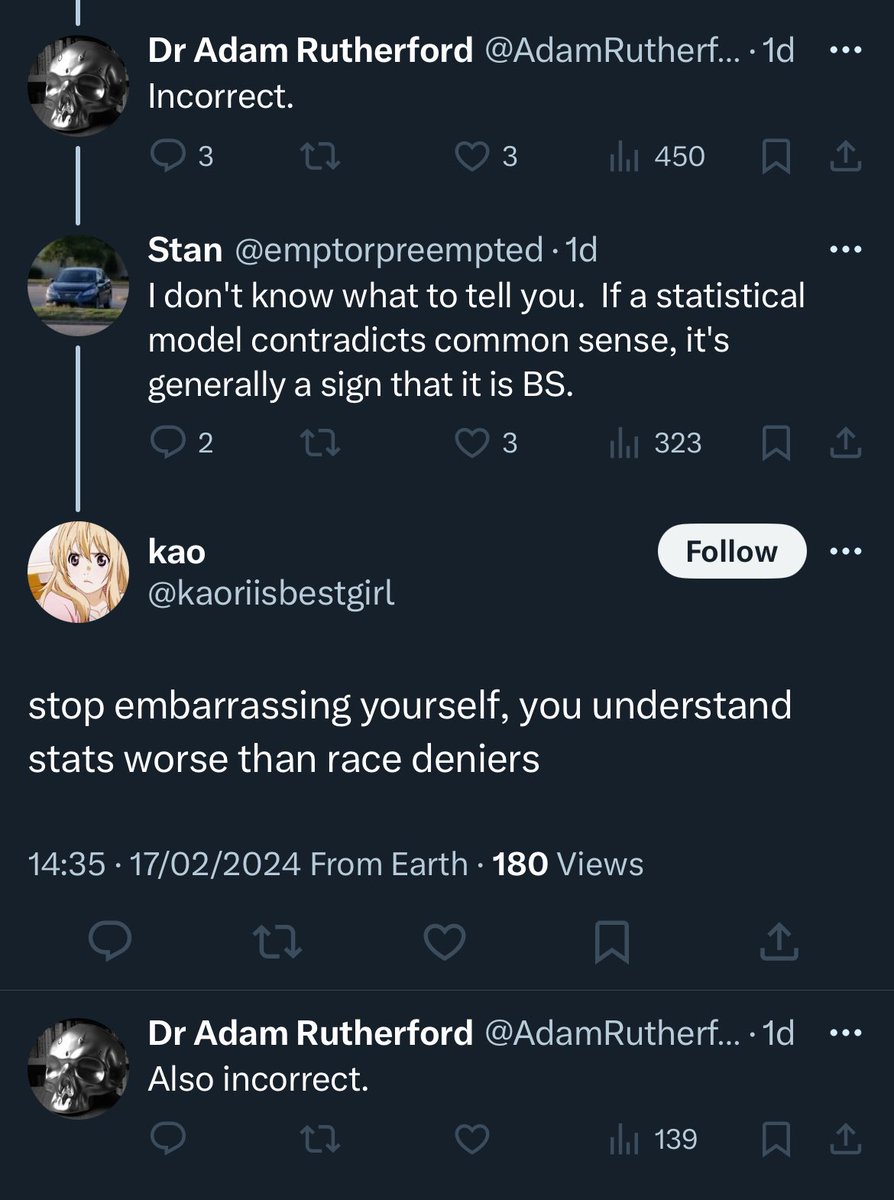Following the publication of #Control, my new book on the history and present of eugenics, here is a thread, using only quotations from some of the key players.
It’s available everywhere, but here’s a link to multiple booksellers 1/n
bit.ly/3qnUvPf
It’s available everywhere, but here’s a link to multiple booksellers 1/n
bit.ly/3qnUvPf
The idea of population control via infanticide and selective breeding is ancient. Plato talks about it in theory in Republic, and Seneca describes its practice in Rome. 



But it is of course Francis Galton who sciencified eugenics in the 19th C, and spent much of his life advocating for eugenics, with the perpetual analogy of agriculture at its base. 



Galton’s influence was great, and enjoyed support from many scientists and indeed the newly founded @Nature, this editorial from 1869 (note the dig about the scientific literacy in Parliament lolz) 



@Nature …and from politicians. How about this doozy from science enthusiast, George Campbell, 8th Duke of Argyle - clearly no romantic. 



@Nature Eugenics was also supported by leaders of the left and socialism too, people such as Beatrice and Sidney Webb, the (then Manchester) Guardian and here in the @NewStatesman in 1931. 

@Nature @NewStatesman Champions of first wave feminism too, Margaret Sanger in the US, and most horrifyingly Marie Stopes in the UK. Stopes was a Hitler-adoring racist, btw. 



@Nature @NewStatesman Some writers expressed enthusiastic support for eugenics too, such as George Bernard Shaw, and in this wicked quotation, D.H. Lawrence. 



@Nature @NewStatesman Support for eugenics was widespread though not universal. GK Chesterton saw it as a great evil on the poor, and campaigned against it for years. Here he is citing Dickens in his defence. 



Chesterton’s Catholicism was central to his opposition to eugenics. Other parts of British Christianity took another view, this from the Reverend W. Inge in the Evening Standard. 



However, it was Winston Churchill who advocated hardest for eugenics. He lobbied for the Asquith government to adopt enforced sterilisation throughout the Edwardian period. 



It is somewhat ironic that Churchill was so enthusiastic for eugenics for people with conditions he himself endured – alcoholism and depression. People are complex and confusing. He was also an avowed racist. 

However, it is worth noting that Churchill’s leadership in vanquishing the Nazis included drafting the Atrocities Declaration, which set out the terms of the Nuremberg Trials, and the Doctors’ Trial, which prosecuted the eugenics programmes of the Nazis, with charges including... 

Eugenics became a central pillar of the 3rd Reich’s policies. But it had developed in Weimar Germany independently of Nazism. Alfred Ploetz was a key advocate, a Nordic purist who became disillusioned with socialism after working on a collective farm in Iowa. 



But in the 3rd Reich, eugenics found its deranged conclusion. Influenced and funded by US advocates and philanthropy, Hitler wrote of his admiration of the Spartans in his Zweites Buch. 

Eugenics fell from favour after WW2. The practise of involuntary sterilisation has waned but not gone away. This from a 2014 state audit of sterilisation procedures in female prisons in California: 

The hey-day of eugenics is gone, and it is regarded as irredeemably toxic. But its legacies echo in our present. IN our language (moron, imbecile, stupid) in policies of birth control in certain countries...
And with new techniques in genetics, the prospect of embryo selection for polygenic traits like intelligence are emerging in the press and in politics. First, here’s the reliably wrong Toby Young from 2015 

And from Dominic Cummings too, a science fanboy who has pondered embryo selection on multiple occasions, here pictured with Stephen Hsu, from the previous tweet. 

Beware of those who confidently assert truths in science, as they are often buoyed by ignorance rather than knowledge.
JBS Haldane wrote about eugenics in 1938 in Heredity and Politics, and against the judgement placed on those deemed undesirable. 



In response to the US eugenics policies, and to the emerging picture from Nazi Germany, Haldane wrote about when science is co-opted into ideologies, something I believe it is still true today. 



Anyway, there you go. I'd love you to read the book, or listen (I am reading it). I'll be talking about this in various places, probably for the next few years.
Stay frosty, friends.
bit.ly/3qnUvPf
Stay frosty, friends.
bit.ly/3qnUvPf
• • •
Missing some Tweet in this thread? You can try to
force a refresh
















